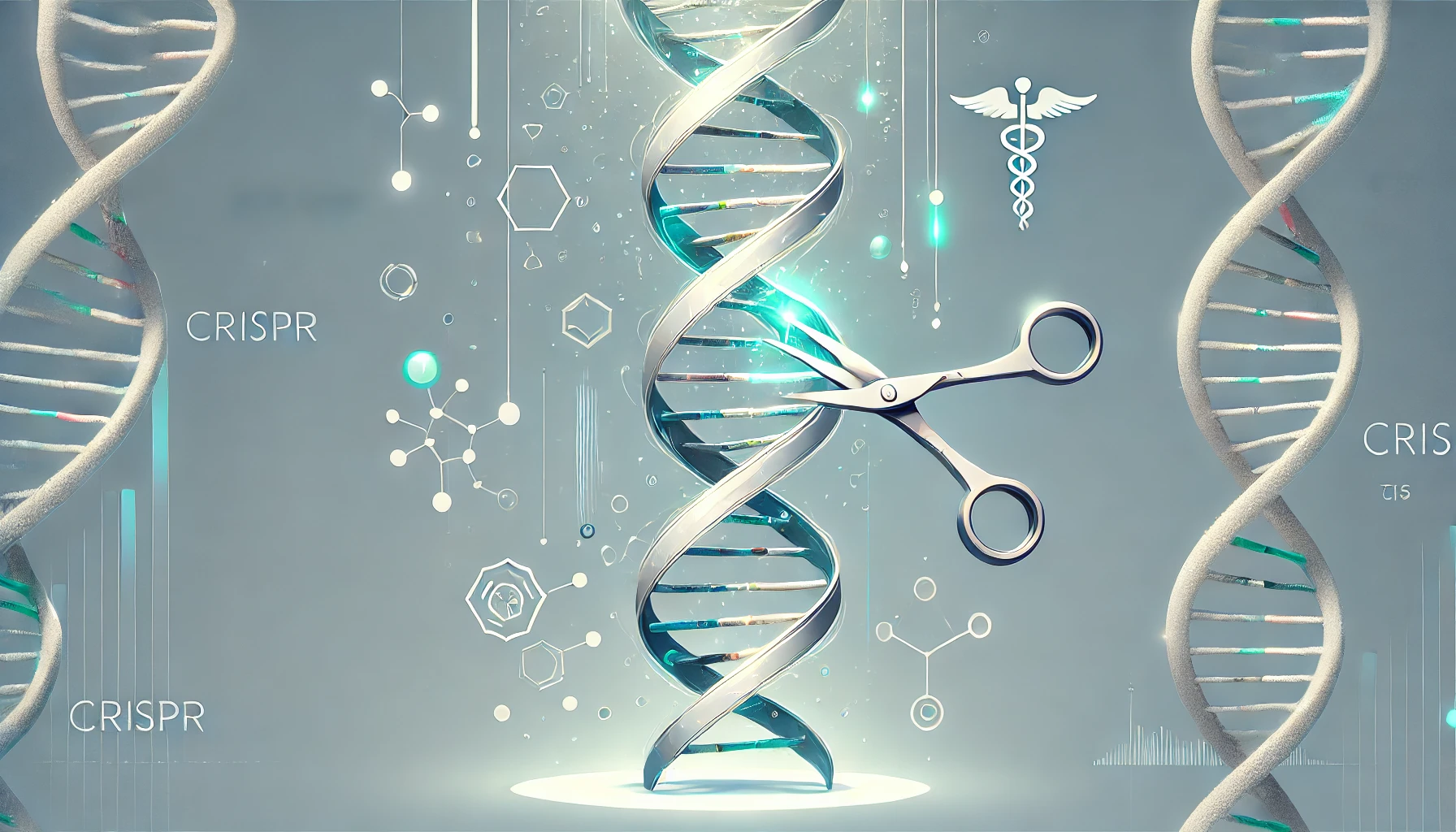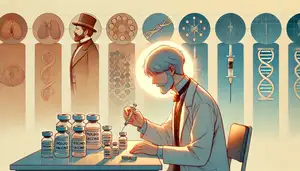
The Future of Biotechnology: CRISPR and Its Impact on Medicine
In the past decade, biotechnology has rapidly evolved, with ground-breaking advancements that are transforming medicine and how we understand the human body. One of the most exciting developments is CRISPR, a revolutionary gene-editing technology. This tool allows scientists to precisely alter DNA within living organisms, opening the door to unprecedented medical interventions.
What is CRISPR?
CRISPR, short for "Clustered Regularly Interspaced Short Palindromic Repeats," is a technique derived from the natural defence mechanisms of bacteria. Originally, bacteria used CRISPR to recognize and destroy viruses by cutting their DNA. In 2012, scientists discovered that this mechanism could be harnessed for gene editing in any living organism.
The technology uses the Cas9 enzyme as a pair of molecular scissors, cutting the DNA at a specific location. Scientists can then either remove faulty genes or insert new ones. CRISPR has quickly become a tool with immense potential across medicine, agriculture, and biotechnology.
CRISPR’s Impact on Medicine
One of the most promising applications of CRISPR is in the treatment of genetic disorders. Diseases like sickle cell anemia, cystic fibrosis, and Huntington’s disease are caused by single-gene mutations. CRISPR could, in theory, correct these mutations at their source. Early-stage clinical trials are already showing promise, with patients receiving treatments that could potentially cure these previously untreatable conditions.
Another exciting area is cancer treatment. CRISPR can be used to engineer immune cells that are better at targeting and destroying cancerous cells. This is a key advancement in personalized medicine, where treatments are tailored to an individual’s genetic makeup.
CRISPR and Pharmaceutical Research
Pharmaceutical companies are increasingly turning to CRISPR to speed up drug discovery and development. By editing genes in model organisms like mice, researchers can quickly simulate human diseases and test new drugs' efficacy. This accelerates the research pipeline, bringing new treatments to market faster and at a lower cost.
Moreover, biotech and pharmaceutical giants like Novartis, Pfizer, and Editas Medicine are investing heavily in CRISPR-based research, recognizing its potential to revolutionize the industry. These companies are collaborating with academic institutions to push the boundaries of what gene editing can achieve.
Ethical and Regulatory Challenges
While CRISPR presents enormous potential, it also raises important ethical and regulatory questions. Editing human embryos, for example, is a contentious issue. The possibility of “designer babies,” where genes for physical traits or intelligence could be altered, has sparked debate on the moral limits of this technology.
Additionally, CRISPR is still in its early stages, and unintended consequences, like off-target effects where genes other than the intended ones are edited, remain a concern. Regulatory bodies like the FDA and EMA are working to ensure that CRISPR therapies meet safety and ethical standards before they are widely available.
The Road Ahead
The future of CRISPR is bright. With ongoing research and development, it could soon become a standard tool in medicine, offering new treatments for previously incurable diseases. While challenges remain, CRISPR’s potential to transform healthcare is undeniable.
For biotech enthusiasts, researchers, and pharmaceutical companies, the next decade will be an exciting period of innovation and discovery. And for patients, CRISPR could mean a new lease on life.

